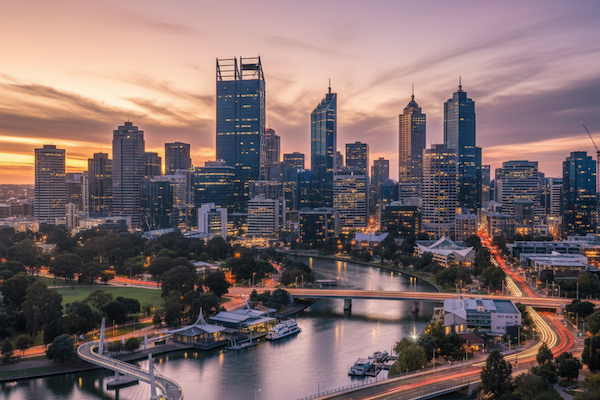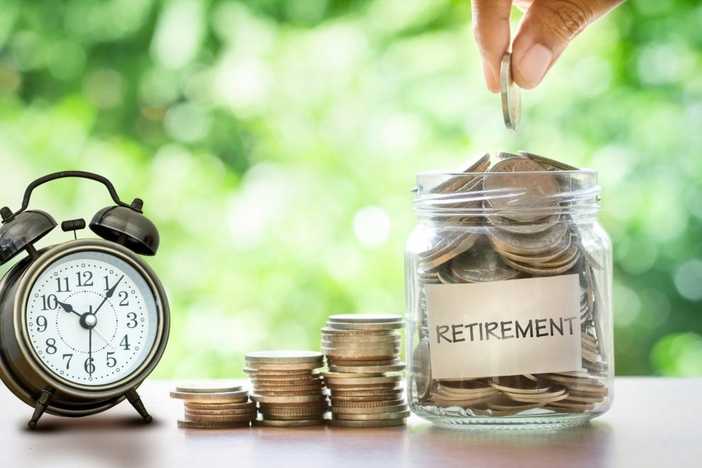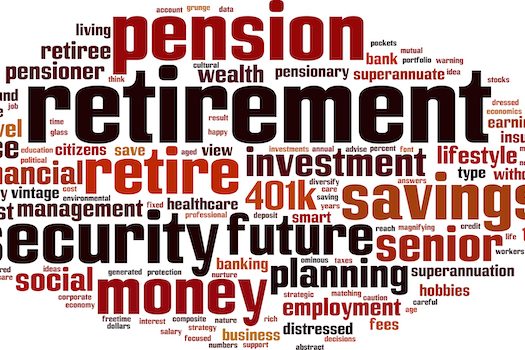Western Australia's Economy in 2025
Western Australia's economy in 2025 is shifting from a period of rapid expansion—driven by robust local investment, mining sector growth, and favorable export conditions—into a stage of steadier, more moderate growth. If current trends hold, Gross State Product in 2026 is expected to increase by roughly 2.3% to 2.7%. As we analyze Western Australia's economy in 2025, it becomes clear that strategic planning is essential.
- Western Australia's economy in 2025 is holding up relatively well in 2025, though growth is moderating from earlier highs.
- In evaluating Western Australia's economy in 2025, the important sectors show resilience despite global challenges.
- Key strengths remain its resources sector (iron ore, LNG, other minerals), strong labour markets, population growth, and housing demand.
- Risks include global demand (especially China), commodity price pressures, inflation and interest rate dynamics, and energy supply constraints.
- For 2026, growth is expected to be more modest but still positive, particularly if key infrastructure projects (notably in energy, gas, and mining) start delivering, and if inflation continues to ease, allowing interest rates to fall.




